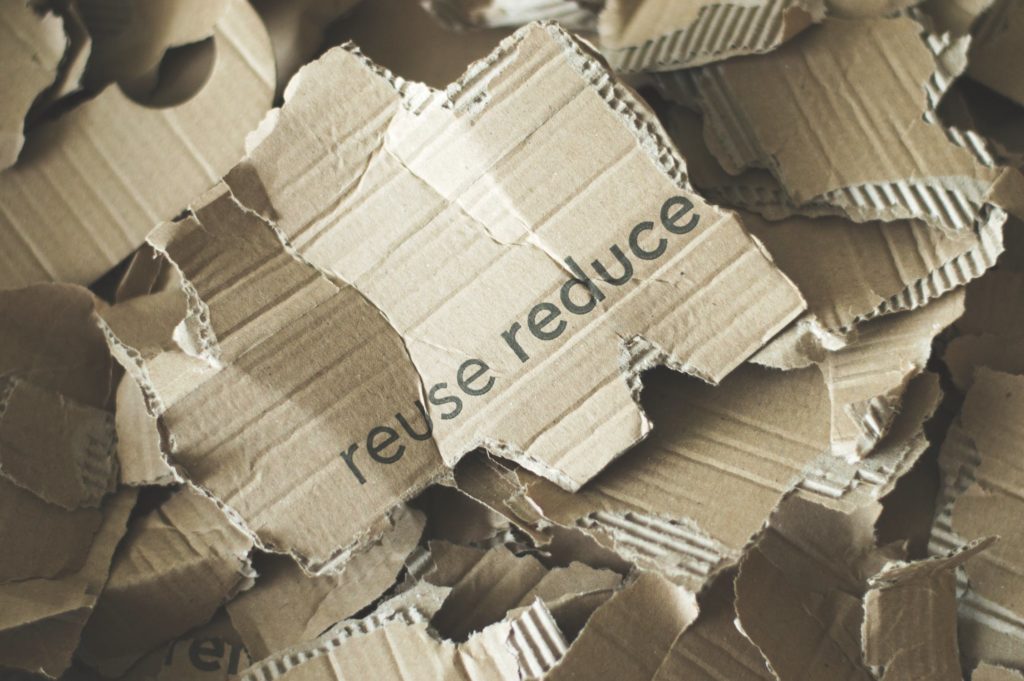
Nowadays, sustainable living is marketed towards improving your own life as much as it is saving the life of the planet. Alan Knight, director of sustainability at charity Business in the Community, concedes that companies are now saying, “this is about you having a better life, not about the Amazon rainforest.”
And major companies are relaying that message, keen to build trust in their products by improving their ethical conscience and becoming more environmentally friendly.
Basic behaviour changes
Living a more ethically sound lifestyle should start with basic environmentally friendly actions. Such actions may include recycling, washing below 40 degrees, and switching off unused lights. With this in mind, all adults in the UK should undertake at least one environmental or ethical action on a regular basis.
Lack of confidence among consumers
However, the scale of issues that are being faced can make many consumers feel powerfulness when it comes to sustainability. The catastrophe of climate change is forever being sprung upon us, and rightly so. However, this means that few individuals believe their own behaviour can make any real difference.
At 47%, less than half of UK adults believe that their efforts to limit the impact of climate change are worthwhile. The Guardian indicate that further research shows that 40% of UK adults believe that pollution from other countries make any effort irrelevant.
Despite the lack of confidence in the effect of such efforts, the purchase of ethical products with high awareness and broad appeal is on the rise. Such products include fair trade and locally produced goods. So, what are ethically sound choices you’re able to make as a consumer?

Reconsider purchases
Before you commit to any purchase; ask yourself whether it is really necessary. Do you really need to buy a pair of trainers? Are you upgrading your smartphone for the sake of it, when your current one is in full working order?
By reducing consumption, not only will you save money but you can also help to save the planet. This is something that everyone is able to do; plus, it doesn’t cost a penny!
Research brands
If you are going to commit to a purchase, be sure to thoroughly research the brand before you do so. Check them out and ensure that they’re really as ethical as they say they are. Buying from brands that provide real protection to not only the environment but also to their workers and animals is very important.
Look for companies who are independently certified Organic by the Social Association, Cruelty Free by Cruelty Free International, Fair-trade by the Fair-trade foundation and Vegan by the Vegan Society. And don’t worry – buying goods certified by the Vegan Society does not mean switching to a vegan diet. Consider your skincare routine; vegan products in this sense are products not tested on animals and contain no animal-derived ingredients. Vegan skincare products are typically cruelty-free and can be considered as highly ethical.
Make sensible consumer choices
When it comes to buying something new, make the best choice possible. If you need light bulbs, opt for LED light bulbs. These are great for the environment, plus they can save you up to 90% on your electricity bill.
If you’re hosting a party, or have young children, opt for paper straws as alternatives to those single-use plastic deviants. Paper straws are generally biodegradable and won’t harm wildlife.
